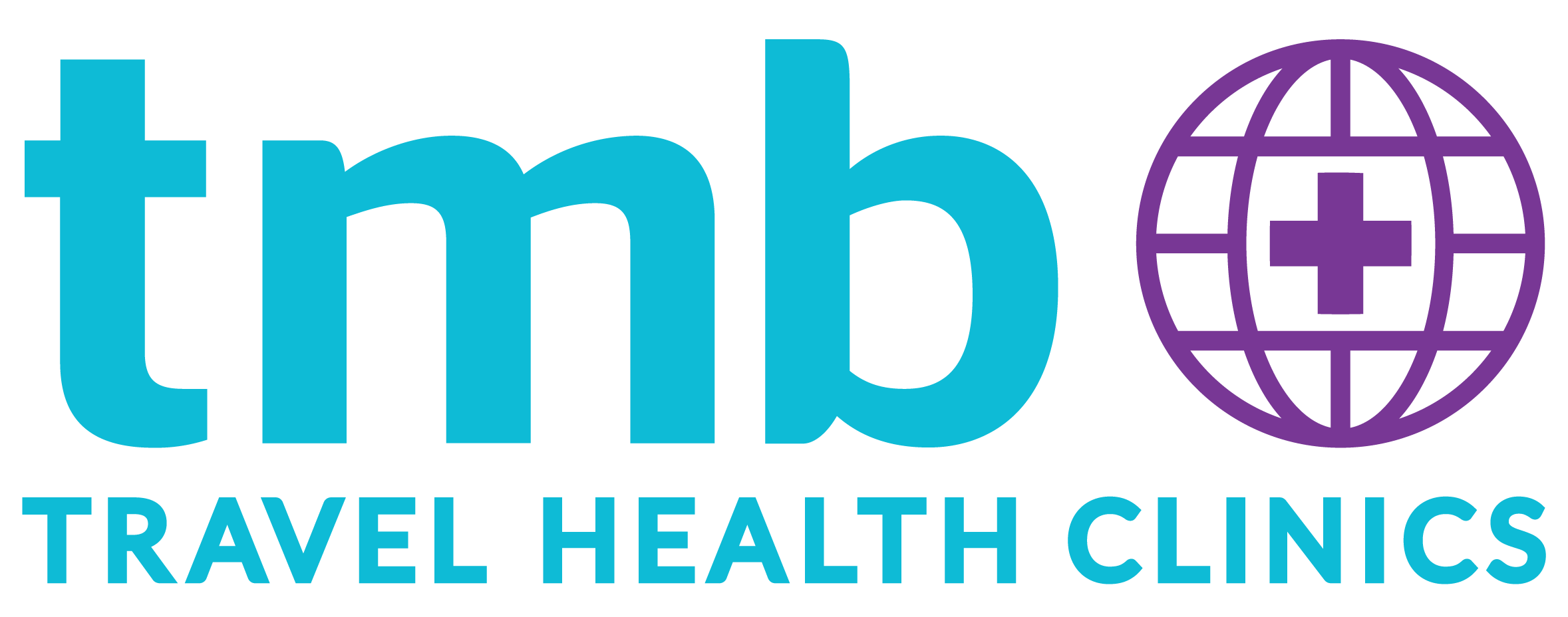Leptospirosis is an infection frequently found both in domestic and wild animals, which can spread to humans. The infection is spread through contact with rat or dog urine or foetal fluids from cattle. Infected urine or contaminated water can be found in sewers, ditches, ponds, canals and slow-flowing rivers and riverbanks.
Dr. Graham Fry, Founder of the Tropical Medical Bureau, says the risk of Leptospirosis in Ireland is high over the next few days due to the severe rainfall, following the country’s heat wave.
According to Dr. Fry “Leptospirosis in Ireland can be spread to humans through freshwater exposure, rivers and lakes, in Ireland. This is frequently associated with heavy rains after a prolonged dry spell where the water washes infected urine into the rivers and lakes where humans then go swimming.”
If a person comes into contact with infected urine, the bacteria which causes Leptospirosis can get into the body through cuts and scratches and through the lining of the mouth, throat and eyes.
Symptoms of Leptospirosis
Flu-like symptoms are common in people with Leptospirosis, including a persistent and severe headache, muscle pains and chills.
In some cases, infected individuals can develop meningitis. In rare cases the disease can develop into the severe form known as Weil’s Disease, which can cause liver and kidney failure. This can be fatal in a small number of cases.
Individuals should be aware of the current risk of Leptospirosis following Ireland’s heat wave and subsequent heavy rainfall. Persons that experience a flu-like illness within a three-week period after engaging in a water-based activity should contact your GP and explain concerns and possible freshwater exposure.
Any high fever and more serious symptoms within a two or three-week period may necessitate a very urgent trip to casualty as this can be an absolute life-threatening condition.
How to Reduce Risk of Leptospirosis
To reduce the risk of contracting Leptospirosis, people are advised to avoid swimming in water which is obviously polluted. Dr. Fry continues “If individuals are going swimming or taking part in water activities in the coming few days, ensure any cuts or abrasions are covered with a waterproof dressing while swimming or canoeing and to shower thoroughly following water activities”
Individuals should ensure any cuts acquired during swimming, fishing or other near-water activities are cleaned and first aid is applied as soon as possible
Leptospirosis is especially common in tropical regions around the world. However, Ireland does report outbreaks of Leptospirosis, with approximately 20 cases on average per year.
ENDS
For comments / interview opportunities, please contact Ali Finnegan, ali@travelmedia.ie, +353 860492394
Dr Graham Fry – Founder and Group Medical Director
The Tropical Medical Bureau was founded in 1986 by Dr Graham Fry. As a leading Tropical Medical Consultant in the country, Dr Fry plays a pivotal role in the organisation, whether consulting with patients, lecturing to medical students in Trinity College or dealing with media focussed tropical issues on radio and television. His enormous medical experience and expertise in technology have combined to ensure that the TMB occupies national pride of place in tropical medical care.
About Tropical Medical Bureau Group
The Tropical Medical Bureau Group (encompassing Nomad Travel in the UK) is the leading travel medicine clinic group in Ireland, specialists in providing the best information and medical care available for the international traveller. Collectively, the TMB Group sees approximately 60,000 patients on an annual basis, ranging from the private holidaymaker to employees of commercial companies, and overseas volunteers to NGO’s and Government departments, all of whom benefit from the expertise of our highly experienced clinic staff.
Since it was founded in 1988, TMB has undergone major growth and expansion to currently encompass 27 clinics, 20 clinics in Ireland (four base clinics and 16 associate clinics). In 2016, TMB acquired Nomad Travel Clinics in the UK. Nomad Travel Clinics has 30 years experience in travel health, pharmacy & retail, throughout 7 clinics across the UK.
What distinguishes TMB is our vast experience and expertise, as well as our superb patient aftercare. All our patients have a detailed consultation with one of our specialised healthcare staff. This covers everything from food and water risks, mosquito avoidance, malaria and thrombosis, as well as risks associated from altitude exposure, and also Zika and COVID-19 risks, which may be associated with your trip. Following a detailed consultation, we then decide on which travel vaccines and malaria tablets are appropriate. Our specialised travel medicine software is constantly being updated with travel news, so if anything is happening in your destination that you need to be aware of, we’ll make sure you are.

